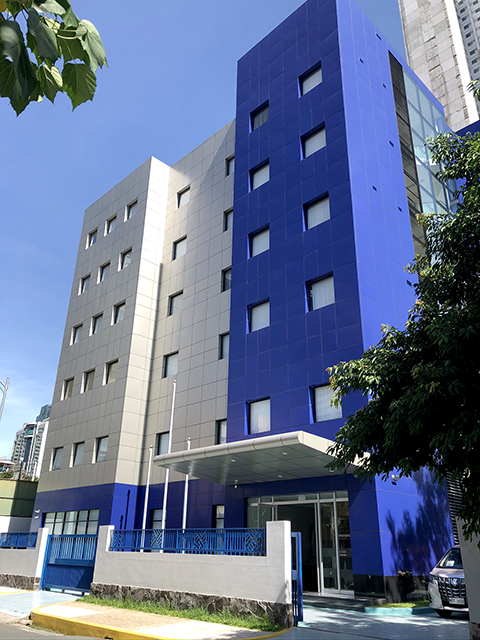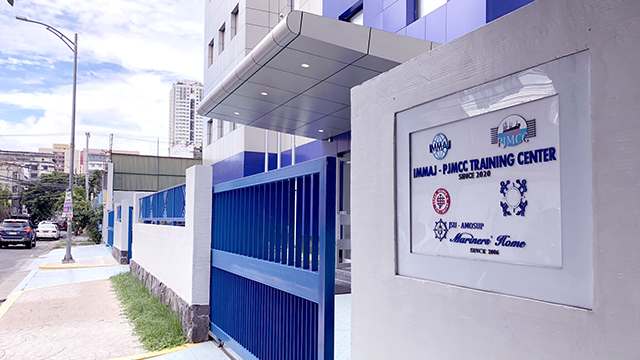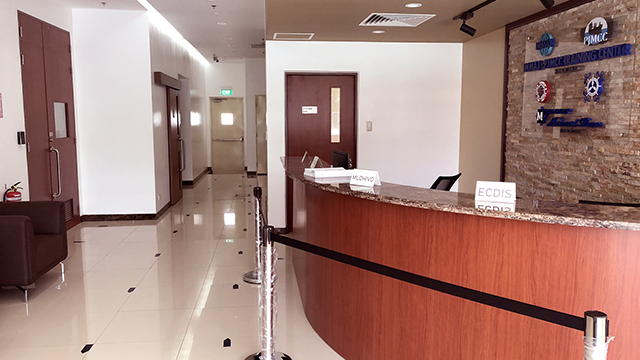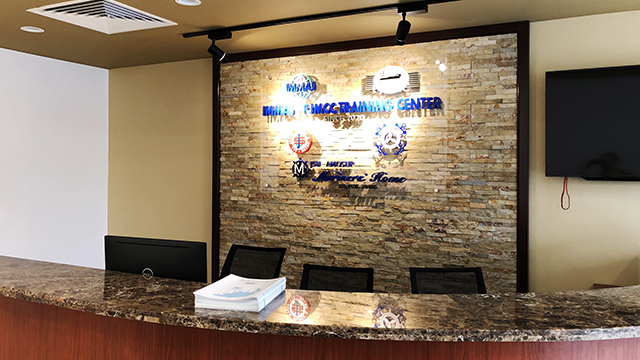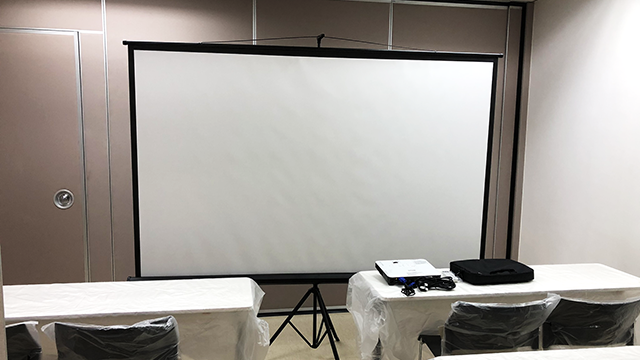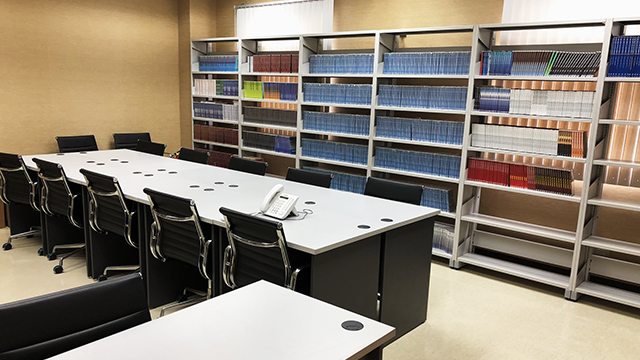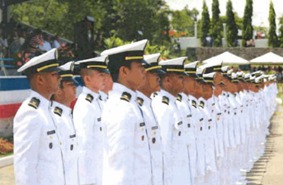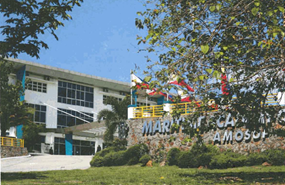Overseas Education and Training Activities
Overseas facilities are as follows
Philippines
1. IMMAJ – PJMCC TRAINING CENTER
-
The MARINER'S HOME (JSU-AMOSUP), initially built to provide temporary living spaces to seafarers, was renovated to be a hub for seafarer training in Metro Manila, and became operational as a training center in March 2020. The six-story building houses multiple rooms for lectures and practical hands-on training, with a cafeteria for training participants. It also has the joint office of the International Mariners Management Association of Japan (IMMAJ) and the Philippine-Japan Manning Consultative Council, Inc. (PJMCC).
-
2. Training for seafarers in Manila
The IMMAJ-PJMCC Foundation Inc. provides various seafarer training at the IMMAJ-PJMCC Training Center, and at other facilities run by its Partner Training Providers in the vicinity of Manila.
Training for all ranks of officers, engineers and other crew members on board vessels is conducted according to the seafarers' needs.-
- Bridge Resource Management
- Type Specific ECDIS Training – FURUNO/JRC
- Wood Chip Carrier (WCC) Maintenance and Handling Course
- ME Engine Training Course with Simulator
- Marine Low and High Voltage (MLHV)Training Course
- Main Diesel Engine Overhaul Training
- Senior Ratings Upgrading- DECK/ENGINE/GALLEY Course
- Maritime Occupational Safety And Health With Practical Shipboard Hazard Identification (MOSHI)
Available training courses include: -
Please refer to the links below for details of each training program.
http://www.immajpjmccfoundation.org/index.php?option=com_content&view=article&id=84&Itemid=27
-
- Bridge Simulator Course
- Type Specific ECDIS Course
- Crude Oil Tanker Simulator Course
- Wood Chip Carrier Maintenance Course
- Familiarization of Mooring Equipment
- Engine Room Simulator Course
- Main Engine Overhaul Course
- Electronic Control Engine Course
- Main Switchboard Operation Course
- Maine Refrigeration Operation Course
- Occupational Safety and Health Course
- Upgrading Course for Galley Department
3. Maritime Academy of Asia and the Pacific (MAAP)
The Maritime Academy of Asia and the Pacific (MAAP) was founded by the Associated Marine Officers’ and Seamen’s Union of the Philippines (AMOSUP) in 1998. The following year saw the establishment of a new campus (JSU-IMMAJ Campus), which is affiliated with the All Japan Seafarers’ Union (JSU), IMMAJ and AMOSUP. About 200 cadets graduate annually from the JSU-IMMAJ Campus, enabling the continuous recruitment of competent cadets to serve on the Japanese merchant marine fleet every year.
Located in the Bataan Peninsula, about three hours’ drive from Manila, MAAP is an excellent maritime academy in the Philippines, with a well-developed scholarship system and a state-of-the-art ship-handling simulator.-
4. MAAP Training Vessel KAPITAN GREGORIO OCA (KGO)
The training vessel was built as a joint project between the Japanese and Philippine unions and employers in December 2018. It serves as a training vessel for the JSU-IMAJ campus cadets at MAAP.
-
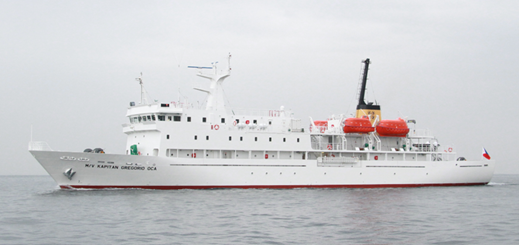
-
- Length: 78.6 meters
- Width: 12.00 meters
- Draft: 4.85 meters
- Flag: Philippines
- Gross tonnage: 2,098 gross tons
- Maximum number of passengers: 138 (24 crew members, 6 instructors, 108 trainees)
- Completion date: Dec. 25, 2018
- Shipyard: Miho Shipyard Shipyard Co., Ltd
- Ship management company: Taiyo Sangyo Boeki Kaisha, Ltd.
Vietnam
Training for Seafarers in Vietnam
-
The Japanese and Vietnamese maritime unions and employers have been carrying out the following joint projects since 1998.
- 1. VSUP(Vietnamese Seafarers Upgrading Project)
-
A training program aimed at improving English language skills and qualifications of Vietnamese seafarers. It is a four-month program that focuses on basic English conversation and maritime English. Special emphasis is placed on pronunciation training, including rhythm and accent.
- 2. VCTC (Vietnamese Crew Training Course)
-
A short-term (four weeks) training for Vietnamese seafarers (deck and engine). It is designed to raise the skill level of Vietnamese seafarers, including safety training in accordance with the ISM Code, training on the ISPS Code and new international conventions, computer learning, and training using a radar simulator.
The deck course provides basic technical training for deck crew (e.g., training on cargo handling-related computers and GMDSS), while the engine course provides basic technical training for engine crew (e.g., training involving engine control simulator and welding operations).
